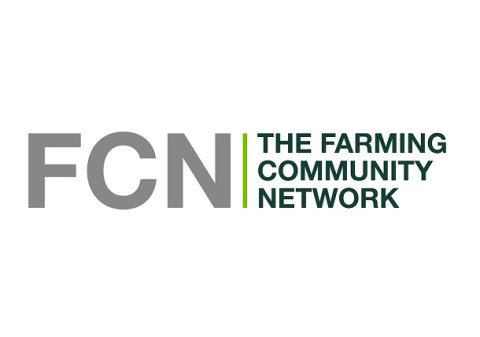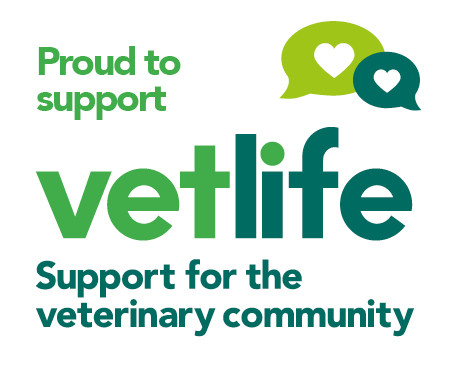As COP26 prepares to come to a close tomorrow, BCVA has issued its response to the Methane pledge announced at the start of the conference.
As an association committed to working towards greater sustainability, the British Cattle Veterinary Association (BCVA) broadly welcomed the pledge to curb methane emissions by 30% by 2030 that emerged as one of the first agreements at the 26th United Nations Climate Change Conference (COP26).
What is less welcome however is the inevitable commentary that places a disproportionate emphasis on agriculture’s role, particularly when UK farming is leading the sustainability charge, including an ambitious goal set by the National Farmers Union of reaching net zero greenhouse gas (GHG) emissions across England and Wales by 2040.
Just 100 companies have been identified as the source of more than 70% of the world’s greenhouse gas emissions since 1988, and there isn’t a farm amongst them. The Carbon Majors report demonstrated that a relatively small set of fossil fuel producers hold the key to turning around the planet’s carbon emissions, yet so many headlines on this subject focus on the impact of agriculture, even though we know that in the UK our farms amount to about one tenth of UK greenhouse gas emissions – and just 6% if only considering livestock farming.
In order to have conversations about sustainability that can contribute to real change, it is vital that we take an evidence-based approach – one that understands the science and realises that biogenic methane, the kind produced by cattle, is not the same as the methane produced by fossil fuels. A cow’s natural carbon cycle sees CH4 broken down after 10 years into CO2, and in turn recycled via photosynthesis and rumination.
It is also crucial to note that not all livestock production is the same – UK beef production is a sustainability success story – we have some of the highest welfare standards (which we must protect), and emissions from British beef are 52% lower than the global average.
In the coming weeks BCVA will launch its own Sustainability Policy and a key message from this paper will be that achieving net zero warming in British farming will require a bespoke on-farm approach, because there is no definitive blueprint to success or single-bullet solution.
Warming mitigation must take place in a context of whole-farm sustainability, in particular paying attention to health and welfare, biodiversity, soil health, water management, diffuse pollution, and social, ethical, and economic factors. This must be achieved without outsourcing our environmental footprint via imports produced to lower standards. High welfare food production and food security should remain the goal.
It is of particular concern that the government commitment to Net Zero by 2050 does not include the impact of imported goods and associated transportation. As such, in a context of agriculture, it would be quite possible to meet the requirement by outsourcing our food production overseas, to an area with a much higher carbon footprint or worse environmental record. This would exacerbate global warming whilst also damaging our own farming industry. This is a loophole that should be closed as pressure mounts on this government to demonstrate how it plans to meet its own targets as part of an international pledge.
BCVA President, Elizabeth Berry says, “As farm vets we are allied to a sector that acts as guardians of the countryside, and our farm clients understand their crucial role in the management of soil, water, nitrogen, and carbon cycles and in turn the biodiversity of the UK’s farmland. We work alongside our colleagues in UK agriculture to drive increased efficiency in both the dairy and beef sectors by providing preventive healthcare and treatment. We all share a commitment to meet welfare standards, safeguarding public health and creating an environment that meets our needs today without compromising the ability of future generations to thrive.”






